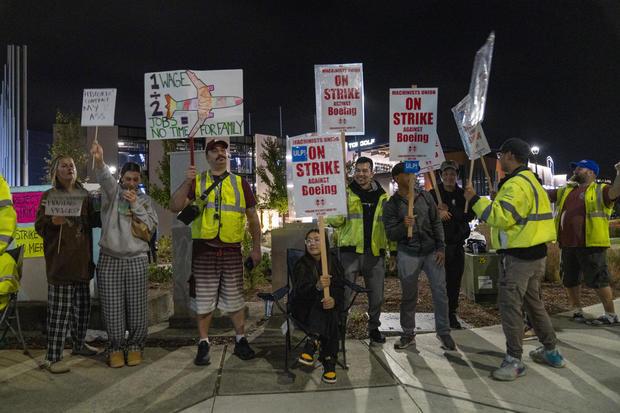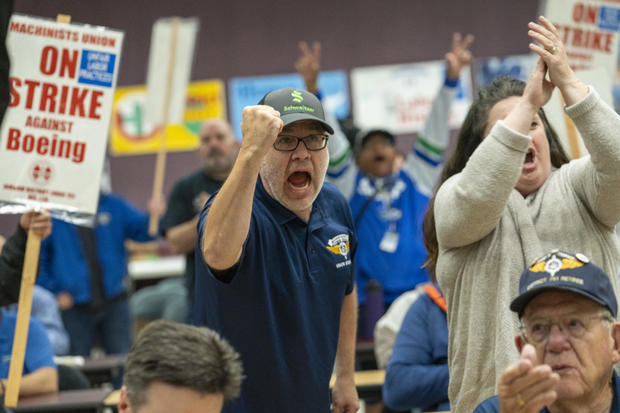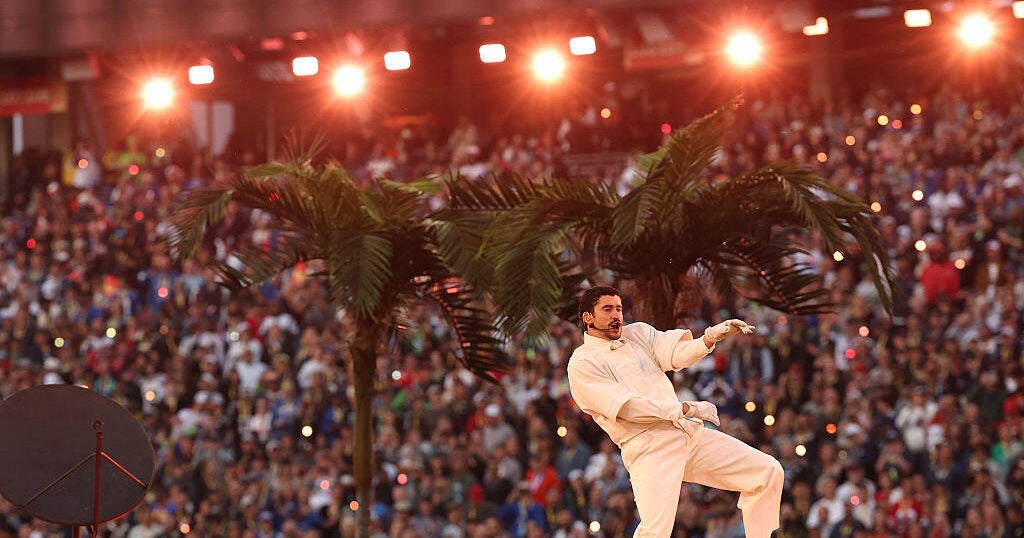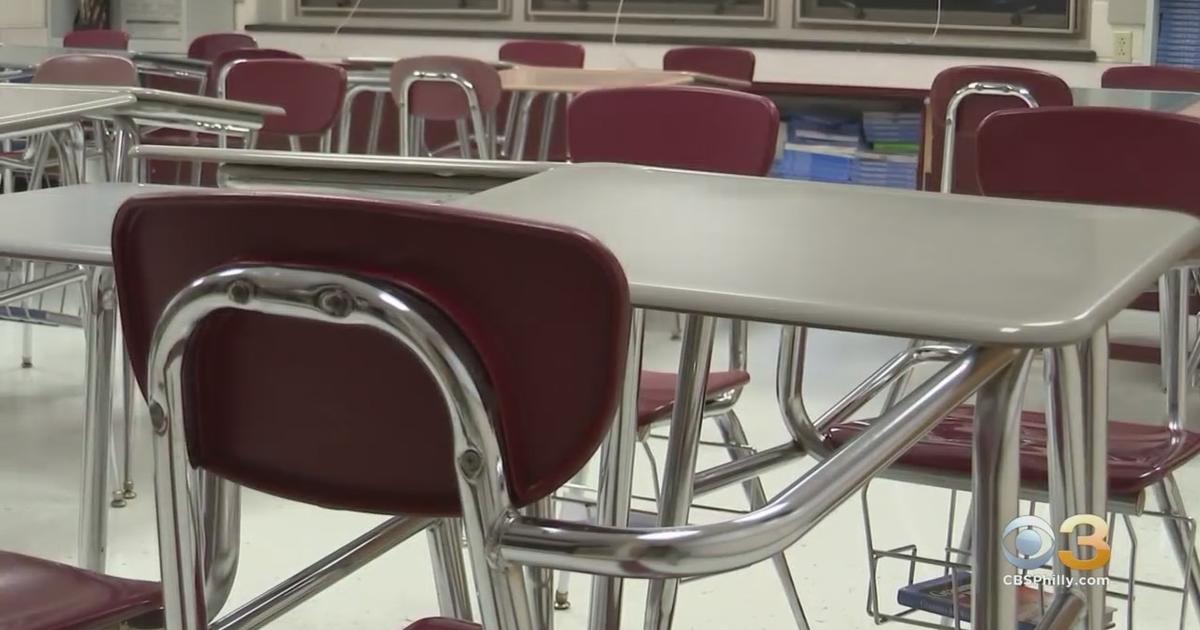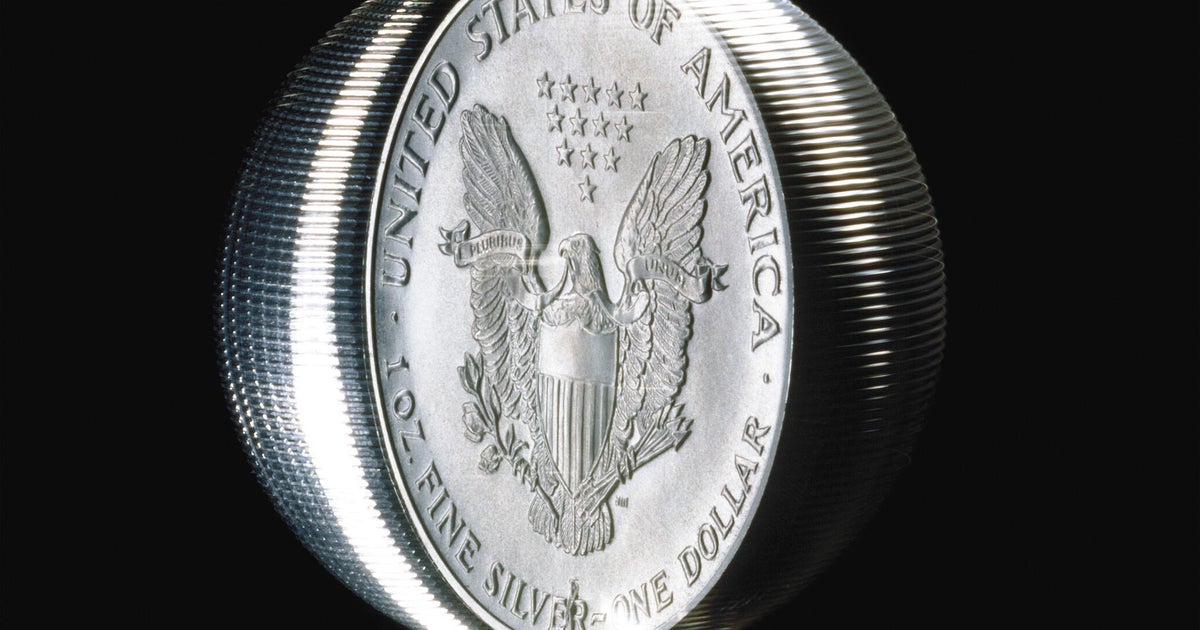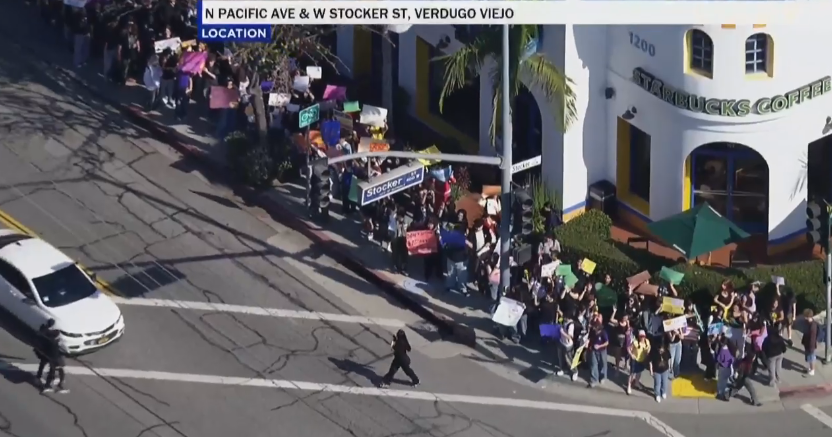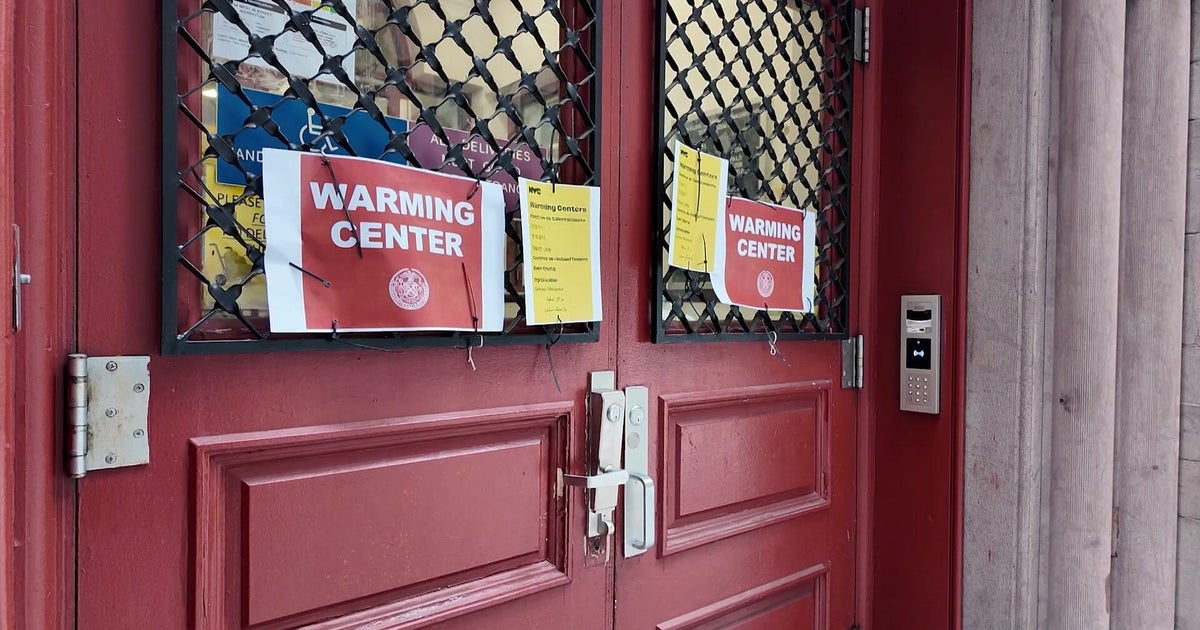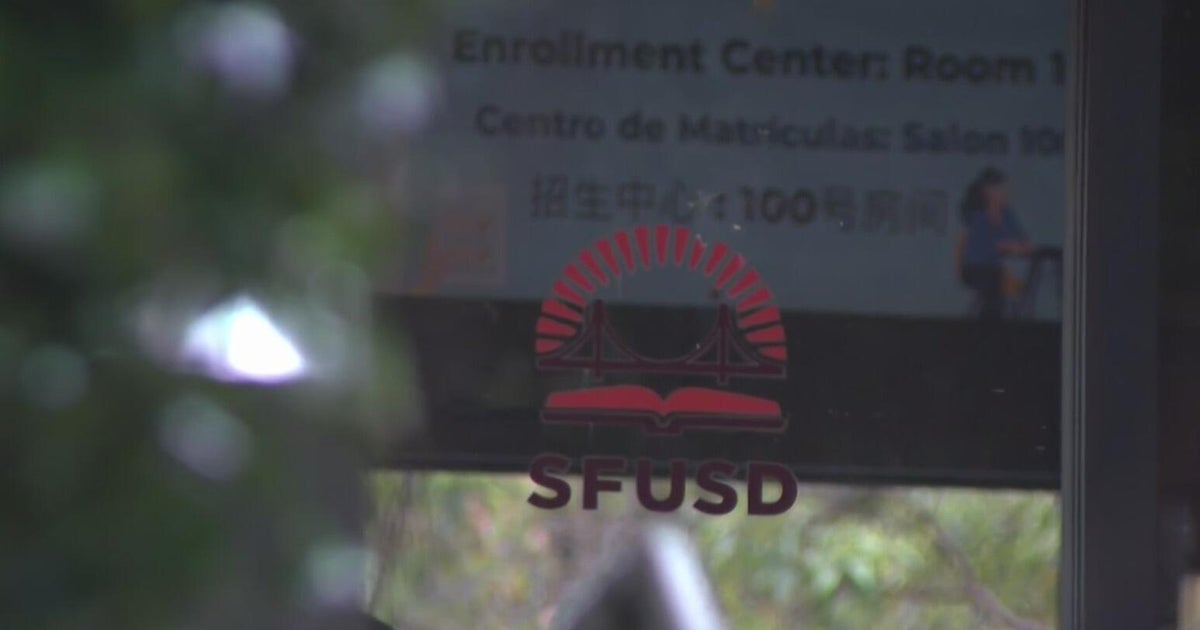Boeing workers go on strike after overwhelming votes to reject contract offer and walk off the job
Seattle — Aircraft assembly workers walked off the job early Friday at Boeing factories in Washington, Oregon and California after union members voted overwhelmingly to reject a tentative contract that would have increased wages by 25% over four years.
The strike by 33,000 machinists was expected to halt the manufacture of Boeing's best-selling airliners, and is yet another setback for a company already awash in financial losses and damage to its reputation.
Boeing shares were off 0.3% in midday trade, leaving its stock down nearly 38% so far this year.
The walkout started at 12:01 a.m. PDT, less than three hours after the local branch of the International Association of Machinists and Aerospace Workers announced that 94.6% of voting workers rejected the proposed contract and 96% approved the work stoppage, easily surpassing a two-thirds requirement.
The strike won't affect commercial flights but represents another setback for the aerospace giant, whose reputation and finances have been battered by manufacturing problems and multiple federal investigations this year.
The striking machinists assemble the 737 Max, Boeing's best-selling jetliner, along with the 777, or "triple-seven" jet, and the 767 cargo plane at factories in Renton and Everett, Washington. The walkout probably won't stop production of Boeing 787 Dreamliners, which are built by nonunion workers in South Carolina.
The machinists make $75,608 per year on average, not counting overtime, and that would rise to $106,350 at the end of the four-year contract, according to Boeing.
However, the deal fell short of the union's initial demand for pay raises of 40% over three years. The union also wanted to restore traditional pensions that were axed a decade ago, but settled for an increase in Boeing contributions to employee's 401(k) retirement accounts.
Outside the Renton factory, people stood with signs reading, "Historic contract my ass" and "Have you seen the damn housing prices?" Car horns honked and a boom box played songs such as Twisted Sister's "We're Not Gonna Take It" and Taylor Swift's "Look What You Made Me Do."
Boeing responded to the strike announcement by saying it was "ready to get back to the table to reach a new agreement."
"The message was clear that the tentative agreement we reached with IAM leadership was not acceptable to the members. We remain committed to resetting our relationship with our employees and the union," the company said in a statement.
Very little has gone right for Boeing this year, from a panel blowing out and leaving a gaping hole in one of its passenger jets in January to NASA leaving two astronauts in space rather sending them home on a problem-plagued Boeing Starliner spacecraft.
As long as the strike lasts, it will deprive Boeing of much-needed cash that it gets from delivering new planes to airlines. That will be another challenge for new CEO Kelly Ortberg, who six weeks ago was given the job of turning around a company that's lost more than $25 billion in the last six years and fallen behind European rival Airbus.
Ortberg warned machinists that a strike vote would put Boeing's recovery in jeopardy and raise more doubt about the company in the eyes of its airline customers.
Workers were in no mood to listen.
Ortberg made a last-ditch effort to avert a strike, telling machinists Wednesday that "no one wins" in a walkout.
"For Boeing, it is no secret that our business is in a difficult period, in part due to our own mistakes in the past," he said. "Working together, I know that we can get back on track, but a strike would put our shared recovery in jeopardy, further eroding trust with our customers and hurting our ability to determine our future together."
Behind union members' thumbs-down
Many union members have posted complaints about the deal all week on social media. On Thursday, several dozen blew whistles, banged drums and held up signs calling for a strike as they marched to a union hall near Boeing's 737 Max plant in Renton.
"As you can see, the solidarity is here," said Chase Sparkman, a quality-assurance worker. "I'm expecting my union brothers and sisters to stand shoulder to shoulder, arm in arm, and let our company know that, hey, we deserve more."
Although the bargaining committee that negotiated the contract recommended ratification, IAM District 751 President Jon Holden, who announced the votes' results Thursday night, predicted earlier this week that workers would opt to strike.
Boeing worker Adam Vogel called the 25% raise "a load of crap. We haven't had a raise in 16 years."
Broderick Conway, another quality-assurance worker and 16-year Boeing employee, said the company can afford more.
"A lot of the members are pretty upset about our first offer. We're hoping that the second offer is what we're looking for," he said. "If not ... we're going to keep striking and stand up for ourselves."
The head of Boeing's commercial-airplanes business, Stephanie Pope, tried earlier this week to discourage workers from thinking a strike would result in a better offer.
"We bargained in absolute good faith with the IAM team that represents you and your interests," she said. "Let me be clear: We did not hold back with an eye on a second vote."
Voting began at 5 a.m. local time at union halls in Washington state, Portland, Oregon, and a smattering of other locations.
Walkout's broad impact
TD Cowen aerospace analyst Cai von Rumohr said it's realistic, based on the history of strikes at Boeing, to figure that a walkout would last into mid-November, when workers' $150 weekly payments from the union's strike fund might seem low going into the holidays.
A strike that long would cost Boeing up to $3.5 billion in cash flow because the company gets about 60% of the sale price when it delivers a plane to the buyer, von Rumohr said.
Union negotiators unanimously recommended that workers approve the tentative contract reached over the weekend.
Boeing promised to build its next new plane in the Puget Sound area. That plane - not expected until sometime in the 2030s - would replace the 737 Max. That was a key win for union leaders, who want to avoid a repeat of Boeing moving production of Dreamliners from Everett to South Carolina.
IAM District 751 President Jon Holden told members Monday the union got everything it could in bargaining and recommended approval of the deal "because we can't guarantee we can achieve more in a strike."
Many union members, however, are still bitter about previous concessions on pensions, health care and pay.
"They are upset. They have a lot of things they want. I think Boeing understands that and wants to satisfy a fair number of them," said von Rumohr, the aerospace analyst. "The question is, are they going to do enough?"
CBS Seattle affiliate KIRO-TV reports that, at the Thursday night news conference where he announced the results of the votes, Holden was asked about union members who say the proposed deal was nowhere near what they were looking for, and about union members who've expressed concerns that the union isn't acting in their best interests.
Holden replied, "Well I know that we're acting in their best interests, so you know ... we had an agreement that we negotiated and we recommended it because (of) many important things in it, but within our system, our members have the final say. This is exactly how it should be. ... Now it's in their hands."
Boeing has seen its reputation battered since two 737 Max airliners crashed in 2018 and 2019, killing 346 people. The safety of its products came under renewed scrutiny after a panel blew out of a Max during a flight in January.
